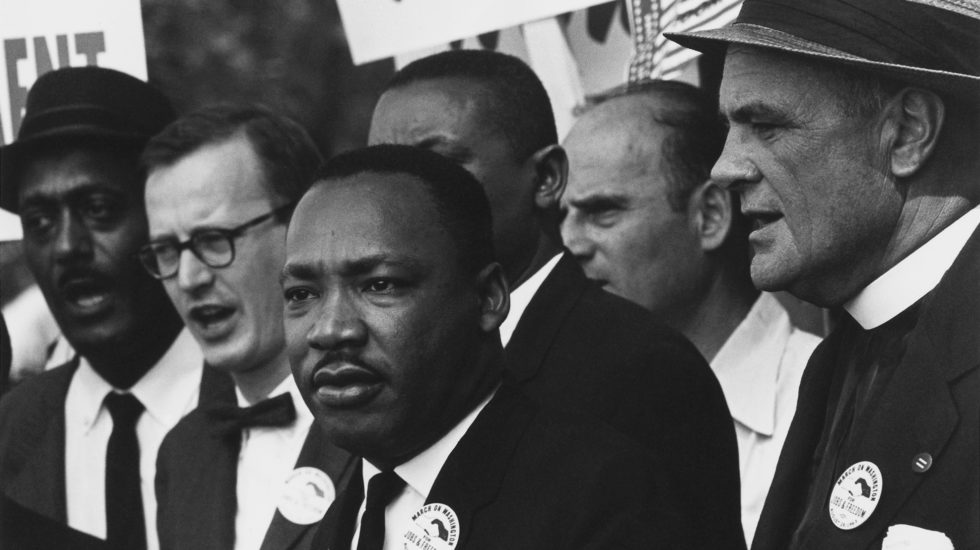As the nation pauses to remember Dr. Martin Luther King, Jr, and his remarkable legacy, it is I think fitting that we are engulfed in a fraught discussion about context and intent and race and religion around the events that took place in front of the Lincoln Memorial on Friday. The video is now known around the world of white young men and their interactions with Native Americans and others. Easy narratives rarely survive contact with the real world or extended videos, and it is understandable that in our tribal and suspicious environment, many would see the same images and draw very different conclusions. These instincts are encouraged by the immediacy and lack of nuance often characterized by social media where words and thoughts can easily be manipulated or misinterpreted.
Dr. King understood the peril of perspective better than almost anyone I ever met. His mind was finely tuned to the inherent prejudices we all carry and how they can be exploited for evil or challenged for good. He understood that the work of reconciliation between the races would be a back and forth of action and reaction. But he also understood that the present could never be disassociated from the past. And that people who think of themselves as good could support and condone a system that was bad.
I am loathed to judge the heart of any person. And I feel very few people are beyond the capacity to grow in their own personal empathy. But I also would argue that it is a fact that we are living in an age where we have a president who rules by division, who plays on stereotypes and whips his base with the rhetoric of intolerance and fear of others. This is not a new playbook. These have been the tools of autocrats and tyrants throughout human history. There is something in the very DNA of our species it seems that is susceptible to the rhetoric of exclusion. And it is also a fact that the balance of the pain and suffering in our nation’s history falls very heavily on the side of African Americans whose ancestors mostly came as slaves, of other racial and religious minorities (including Catholics), of women, of members of the LGBTQ community, of the poor, or the sick, and generally of the powerless.
We can debate individual episodes, but either we recognize we have a societal problem or we don’t. Either we work towards understanding or we retreat into the well-worn faultlines of our respective camps. And all of this must begin with a certain humility and recognition of where privilege has mostly resided in this nation’s history.
I believe we can and will heal. I have seen so many times when the stakes of our separateness were higher, as hard as that may seem today. Dr. King was considered a radical in his day. The convenient gauze of hagiography has softened his edges in our collective consciousness. That is a mistake. He was a man, of failures as well as successes. But he was ever-striving to push our collective moral accounting towards greater justice. We can also recognize our own imperfections while committing to the same, ever-elusive goal of a more perfect union.
